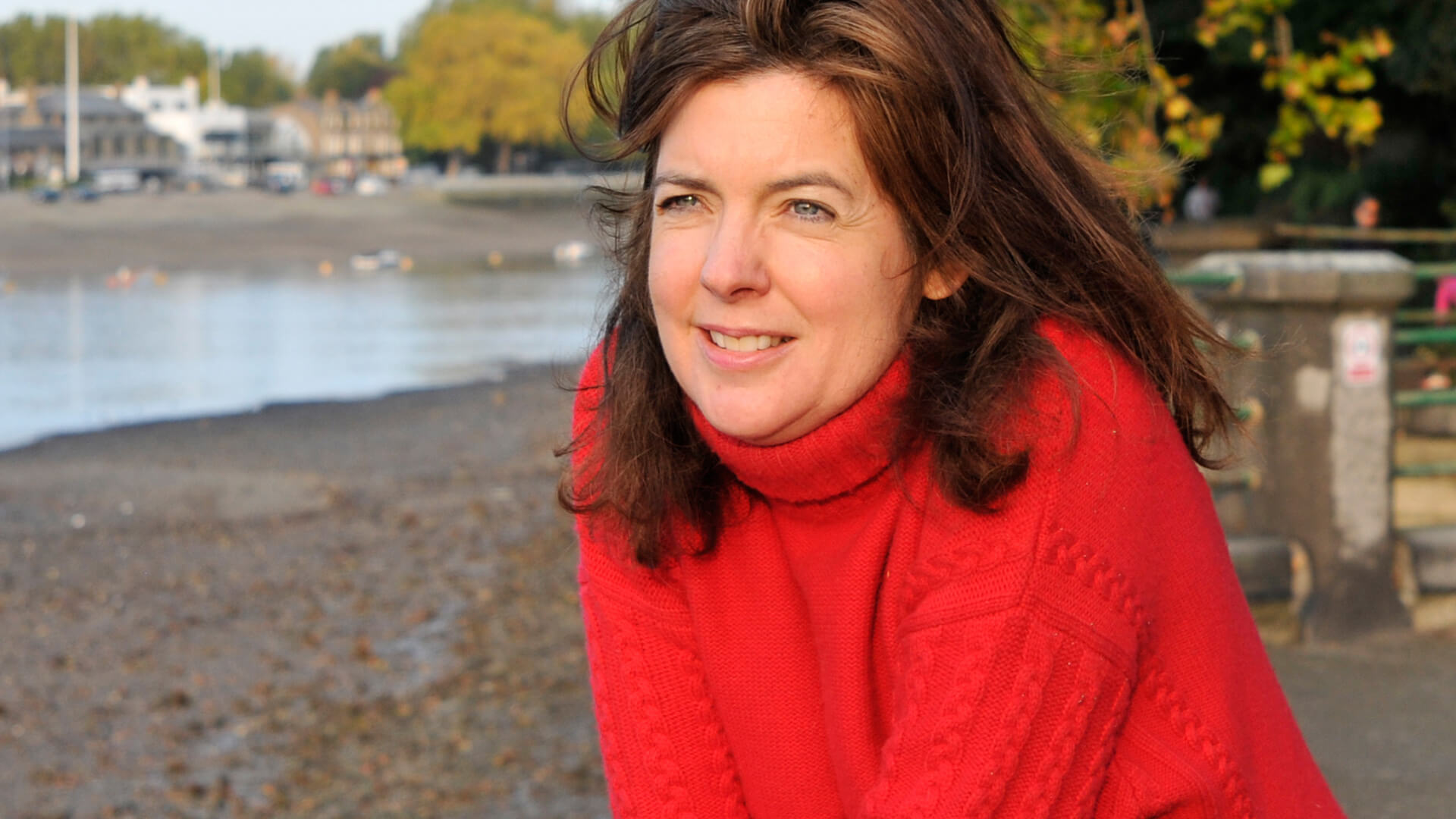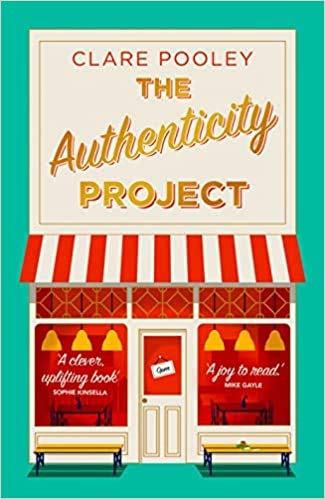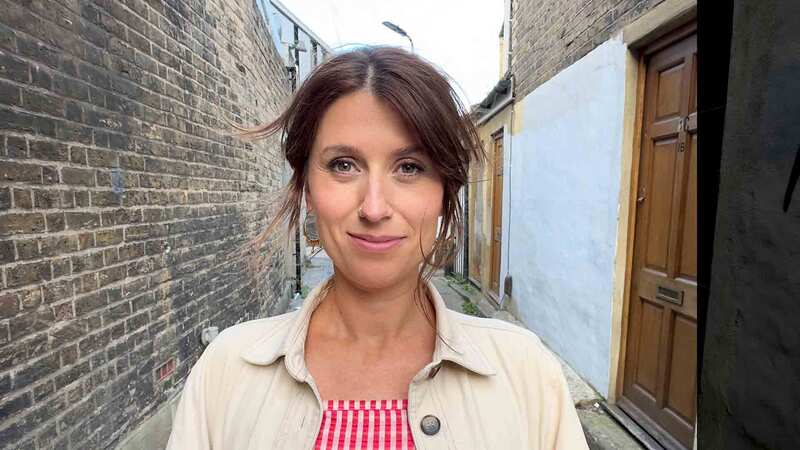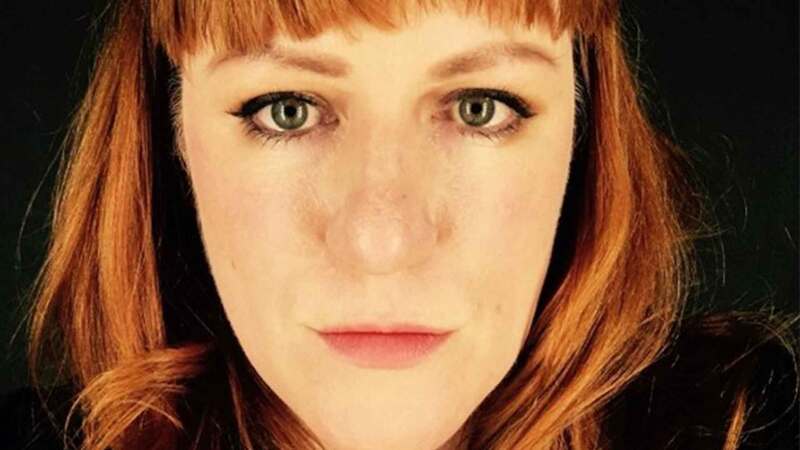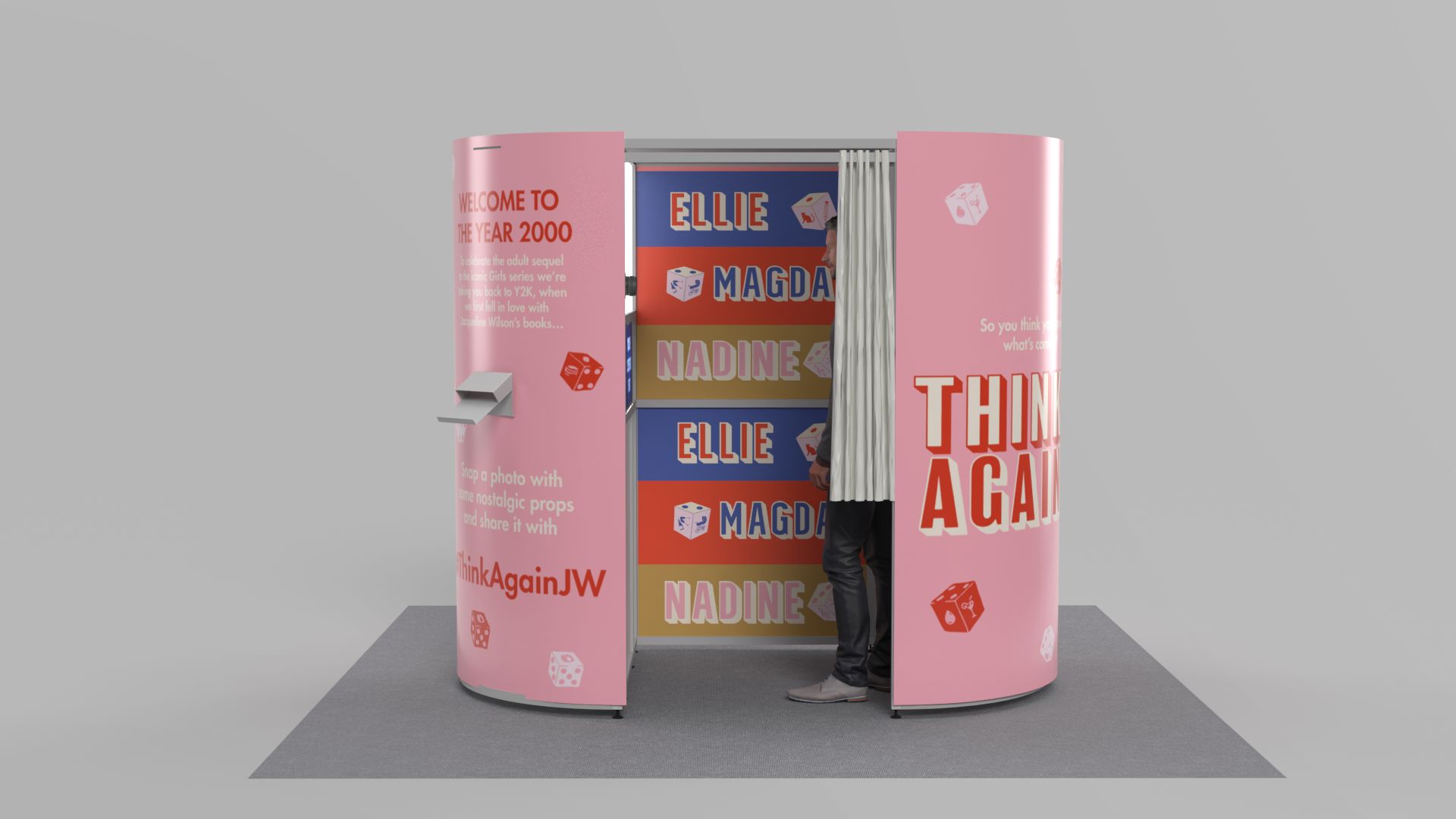You are viewing your 1 free article this month. Login to read more articles.
Clare Pooley in conversation about her fiction debut and writing as a cathartic process
The sought-after first novel by former blogger Clare Pooley exposes the need for connection in the age
of social media
Everyone lies about their lives. What would happen if you shared the truth instead? That is the question at the heart of Clare Pooley’s charming commercial fiction début The Authenticity Project: the story of six strangers drawn together by a notebook, and the desire to be honest about their lives.
It begins with café owner Monica discovering that one of her customers has left a green notebook behind on a table. She opens it, hoping to find an address in order to return it, but instead reads a confession of sorts; Julian Jessop is a 79-year-old artist who is desperately lonely after the death of his wife. Tired of pretending everything is fine, he has written down the truth about his life and sent the notebook out into the world in the hope that others will be compelled to join him.
The Authenticity Project is set in Fulham, south-west London, where Pooley lives—and where she wrote the book on her kitchen table. We meet at a café on the edge of Brompton Cemetery, a stone’s throw from her characters’ stomping ground. Pooley, who looks radiantly healthy, explains that the book was partly inspired by the decision to be honest about her own life which, five years ago, was spiralling out of control. “At that time, if you looked at my Facebook feed, or my Instagram, you would have thought I was living a pretty perfect life. Everything looked like it was under control. I looked happy, my kids looked happy,” she says. “But the reality was I was drinking a bottle of wine a day, and two bottles a day at weekends.” After facing up to the “massive effect” her drinking was having on her mental and physical health, and her relationship with her three children, she decided to quit. “I was too embarrassed and ashamed to tell anybody what I was going through, and I didn’t want to go to AA [meetings], but I needed to do something to get my head in the right place.”
What people kept telling me, over and over again, was that [me] being honest about my own story made them feel less alone, and completely changed their lives
So Pooley, who had a 20-year career in advertising before giving up full-time work after the birth of her third child, started a blog, “Mummy Was a Secret Drinker”, using the pseudonym SoberMummy and posting every day as a form of therapy. Within a year, the blog had had over a million hits. “What people kept telling me, over and over again, was that [me] being honest about my own story made them feel less alone, and completely changed their lives.”
Encouraged by the readers of her blog (and to this day, she says, she still receives emails from all over the world), she found an agent and pitched the blog to publishers. The result was The Sober Diaries: How One Woman Stopped Drinking and Started Living (Coronet), a memoir of alcohol addiction which charted her first year of sobriety—interwoven with research and advice—and also her recovery from breast cancer. Described by the publisher as “Bridget Jones dries out”, Pooley says: “I used humour as a way of dealing with the hard stuff... So that’s the way I approached the novel."
Changing lives
“I started thinking, if being authentic about your life can change other people’s lives for the better, what would happen if other people did it? And not just online, like I did, but with the real community around them. That’s where The Authenticity Project came from.”
After Julian, the flamboyant artist with a rather selective memory, the next person to fill in the notebook is the slightly neurotic Monica, who left a demanding career as a lawyer in the City to fulfil a dream of opening a café on the Fulham Road. But now she confides to the notebook that she really wants a baby and a husband and, at 37, she’s worried that time is running out. The notebook then finds its way to Timothy Hazard Ford, known as Hazard, a charming party animal and addict who picks it up in a bar while getting off his head. He takes it to Thailand, where he hopes to get sober. After reading Monica’s entry he decides to play “matchmaker” and sends the notebook back to London via Riley, an Australian backpacker, with a note to track down Monica.
But in writing about them, I learnt how to forgive myself. By the end I really loved all of them, and it made me think, those flaws are what make us human
Later we meet Alice, a struggling new mother who nevertheless presents a perfect façade on social media. “More and more of us are connected by social media to thousands of people, and yet all the trends show that more and more people are feeling lonely,” observes Pooley. “One of things I tried to explore in the book is how loneliness comes in so many different forms. All of the characters are lonely, but in different ways.”
Pooley says she shares negative traits with all of her six main characters. “But in writing about them, I learnt how to forgive myself. By the end I really loved all of them, and it made me think, those flaws are what make us human.” Having written The Sober Diaries made it easier for her to write the novel with empathy for her characters: “I think if you spend lots of time writing about your own life and what’s going on in your own head, it makes it easier to write about what is going on in other people’s heads.”
Due to his struggle with addiction, Hazard was particularly close to her heart. “When Hazard falls off the wagon, I found that really hard to write because I felt like I was doing it to him, and I felt really awful. But I knew it had to happen. It was necessary because that’s what life is like.”
Moving to fiction
The novel cracks along, told from the points of view of the six main characters in very short chapters, which Pooley attributes to her blogging background. After The Sober Diaries, she wanted to write fiction and had been thinking about the novel for a while, but it was a Curtis Brown novel-writing course that gave her the impetus she needed. A literary inspiration was Amistead Maupin’s Tales of the City: “I remember reading them in my early twenties when I was first living in London, and thinking what a fabulous community that was, of very disparate people who came together because they shared a landlady in Mrs Madrigal.”
Extract
It was a plain, pale green exercise book, like the one Monica had carried around with her at school, filled with details of homework assignments. Her friends had covered their books with graffiti of hearts, flowers and the names of their latest crushes, but Monica was not a doodler. She had too much respect for good stationery.
On the front cover were three words, beautifully etched out in copperplate script: The Authenticity Project. In smaller writing, in the bottom corner, was the date: October 2018. Perhaps, thought Monica, there would be an address, or at least a name, on the inside so she could return it. Although it was physically unassuming, it had an air of significance about it.
She turned over the front cover. There were only a few paragraphs on the first page.
How well do you know the people who live near you? How well do they know you? Do you even know the names of your neighbours? Would you realise if they were in trouble, or hadn’t left their house for days?
Everyone lies about their lives. What would happen if you shared the truth instead?
She wrote the first draft in just three months, a short 55,000 words which she then reworked, “layering in depth and colour”, and the result is a touching, heartwarming read about the importance of connecting with real people, in real life, and not just online—and reaching out to others. The subject matter has clearly chimed with publishers around the world, the book has sold in 29 territories to date, and it would make a wonderful, Richard Curtis-esque film. It is, as Pooley says, “a book about the importance of community in a world where we are more connected than ever but more lonely than ever”. Pooley tells me that one American editor wanted to change the ending, which is a surprise, as the ending is both moving and unexpected—and leaves the way open for a possible sequel. “I didn’t want to write something that was too saccharine,” she says. “I think there’s a balance between being uplifting and real life.”





